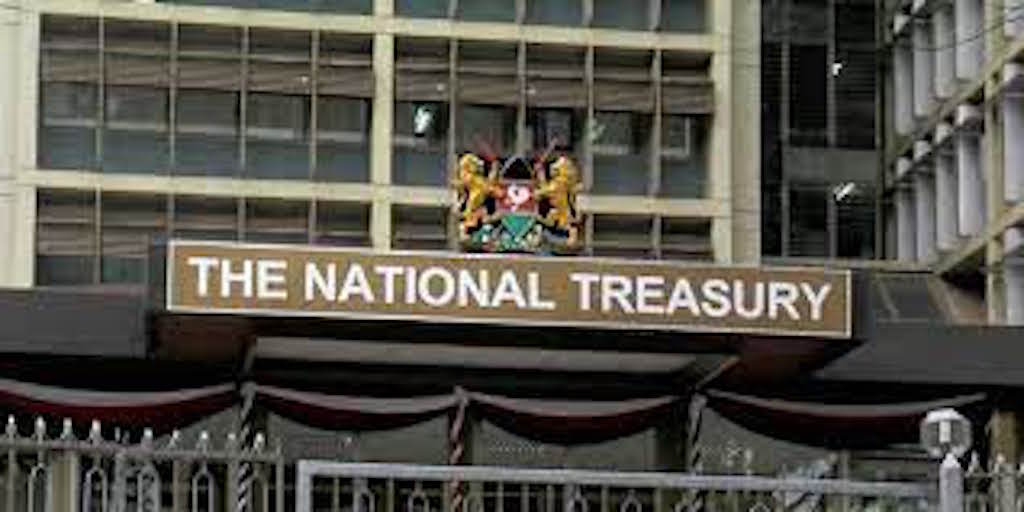Kenya's government has taken a decisive step towards transparency by pledging to publicly name ministries, departments, agencies (MDAs), and state-owned enterprises (SOEs) that are lagging behind in payments for services and supplied goods.
The decision comes as a response to a notable surge in arrears, which reached unprecedented levels within the first year of the current administration.
Persistent public complaints about the lack of disclosure of national-level defaulters prompted this move.
Despite these entities constituting a significant portion of pending bills, the Treasury has not included detailed information in quarterly budgetary reports.
While each county routinely discloses pending bills every three months, MDAs and SOEs are presented as cumulative figures without a specific breakdown.
Read More
Concerns raised by the public during the contribution period for the 2023 draft Budget Review and Outlook Paper (BROP) emphasized the need for transparency and accountability.
Contributors demanded that reports include measures addressing the accumulation of pending bills by ministries and parastatals.
Responding to these concerns, Treasury officials noted in the final BROP report published on Tuesday, "This recommendation has been noted, and the Government will consider incorporating information on pending bills by MDAs and SOEs in subsequent budget documents."
The announcement coincides with a startling increase in pending bills held by national government entities.
The arrears surged by Sh191.4 billion in the 12 months through September, marking the fastest growth since the Treasury began disclosing such information five years ago.
According to Treasury data, national government arrears rose to Sh630.6 billion by the end of September 2023 from Sh439.2 billion.
SOEs saw a 42.73 per cent increase in accrued bills, reaching Sh509.4 billion, while MDAs experienced a 47.27 per cent jump, reaching Sh121.2 billion.
It's noteworthy that many MDAs do not consistently disclose all arrears, often stemming from historical transactions.
This concerning surge in pending bills persists despite the President's commitment to prioritize debt payments that have adversely affected small and medium-sized businesses.
Numerous enterprises have been forced to close or face auctioneers due to their inability to service loans incurred while supplying goods and services to the government.
The bulk of these debts are owed to contractors of public projects and suppliers of goods and services.
The remainder includes unremitted statutory and other deductions, such as Pay As You Earn taxes to the Kenya Revenue Authority, pension contributions, and medical cover arrears.
The government's pledge to enhance transparency aims to address these financial challenges and instill fiscal responsibility.









-1757663582.jpeg)

